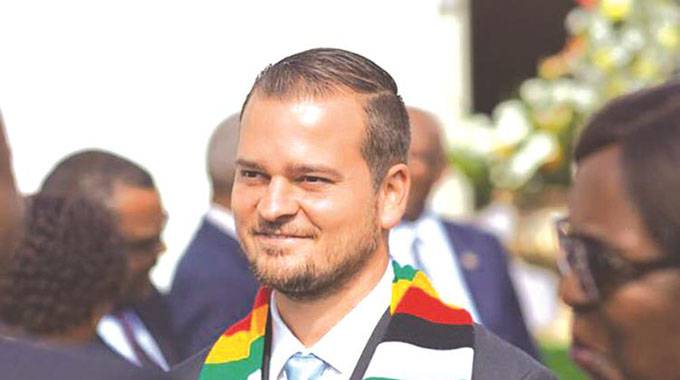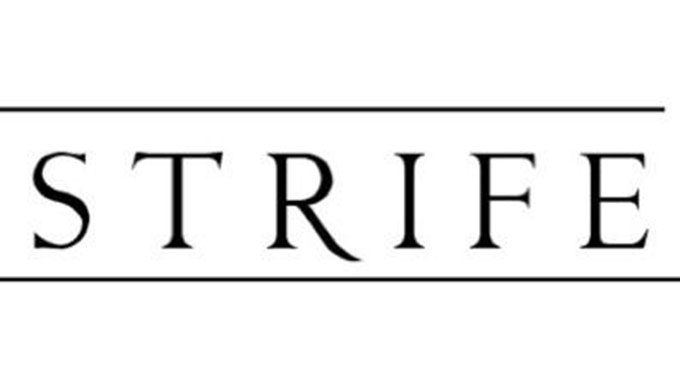Govt to bring in new dairy investors

Kudakwashe Mhundwa Business Reporter
Government says it is in negotiation with a consortium of local and international dairy investors with a view of concluding a deal that could see the country augmenting current production which is in excess of 65 million litres.
Zimbabwe has for more than a decade failed to produce enough milk and has resorted to importing from South Africa, losing foreign currency.
High production costs such as electricity, labour, stock feeds and chemicals have been the major stumbling blocks to the full recovery of the dairy industry.
Despite the myriad of challenges being experienced in the sector, national milk output has been on a marginal increase over the past few years. According to figures released by the central bank recently, the country’s milk output for the fourth quarter 2018 increased 18 percent to 21 million litres from 17,8 million litres produced prior year comparative.
Lands, Agriculture, Water, Climate and Rural Resettlement Deputy Minister Vangelis Haritatos said the investment which is earmarked for Mashonaland West will see the country reaching self-sufficiency in twelve months.
“We have some very exciting new investments coming on board, one of them is the Belarusian investment. We signed a MOU with the Belarusian Government for agricultural investment, they are bringing in 1,000 herd of cattle for dairy production.
That is one of many initiatives that we are doing, we also have Prodairies that are also investing heavily in the dairy sector. We have got a dairy company in Kwekwe, Dendairy, they are also investing heavily.
“We have a new investment coming in Mashonaland West, although that one I cannot tell you a great deal of because we haven’t finalised, but what I can tell you is that if that investment comes through, I strongly believe that we will be self-sufficient for dairy,
“If this (Investment) pulls through, it will produce 60 million litres annually by itself,” said Deputy Minister Haritatos.
He also indicated that Zimbabwe has potential to produce over 250 million litters annually and Government is working to make sure that this potential is realised within the next three years.
“ . . . but the potential that we have in our country is in excess of 250 million litres annually and I strongly believe in the next two- three years, we will get to that target but what we need to do now is to reach self-sufficiency. We don’t have to keep looking at imports,” said Deputy Minister Haritatos.
The country used to produce about 260 million litres of milk in the early 1990s, but the figure has dropped to 70 million litres against a national demand of 120 million litres.
Dairy experts estimate that the country is spending more than $7 million per month to import powdered milk and butter as raw milk producers continue failing to meet demand owing to a myriad of challenges chief among them being lack of foreign currency for the procurement of inputs as well as a depleted national dairy herd.








Comments